Speaking at a Fitch Ratings event on the development of insurance-linked securities (ILS) in Brazil, Rodrigo Botti, former CFO of IRB and former CEO of Terra Brasis, emphasised a domestic market-first approach, with no intention of competing with other established ILS hubs.
 According to Botti, the ILS approach taken by Brazil focuses on aligning regulations with global market standards, mirroring international practices while remaining within the framework of Brazilian regulations and avoiding unnecessary reinvention.
According to Botti, the ILS approach taken by Brazil focuses on aligning regulations with global market standards, mirroring international practices while remaining within the framework of Brazilian regulations and avoiding unnecessary reinvention.
In line with this strategy, Artemis recently learned from a report that one of the first ILS structures under Brazil’s regulations for “Letra de Risco de Seguro”, or Letter of Insurance Risk, might be named Andrina Seguros and could be sponsored by the local reinsurance company IRB RE.
Botti explained that one of the main challenges in Brazil is the significant separation between capital markets and insurance regulations, noting that it took several years to enact changes within the Brazilian legal framework to address this issue.
Botti continued, “In Brazil, our goal differs from other ILS hubs like Bermuda, or newer players like Hong Kong and Singapore. Instead of attracting risk from outside Brazil, we aim to structure and issue deals locally within the country.
“We’re trying to create a bridge for Brazilian cedants, insurers, health plans, and pension funds to be able to transfer these risks to investors, both investors in Brazil and investors abroad.
“We are not competing with Bermuda, Hong Kong, Singapore or anywhere else; we’re trying to create this bridge with the Brazilian regulator, enabling Brazilian cedants to transfer risk to ILS, and for Brazilian investors to access domestic ILS risks, as well as the international global funds.”
As per Jeff Mohrenweiser, Senior Director and Global Head of Insurance-Linked Securities at Fitch Ratings, who also spoke at the event, Brazil has experienced significant flooding recently, yet insurance penetration in the country remains relatively low.
As a result, economic damages are often covered by local and federal governments, diverting funds that could be allocated to other government initiatives, highlighting considerable potential for growth in the ILS market within Brazil.
Botti concluded, “In Brazil, we don’t have many hurricanes or earthquakes, meaning we don’t have the traditional risks that are usually transferred to the ILS market, but we do have a large number of catastrophe events, such as flooding.
“The beginning of this year is one example of such an event. If we had ILS technology or capital market support in the insurance and reinsurance market, it could have had a very significant and positive effect.”

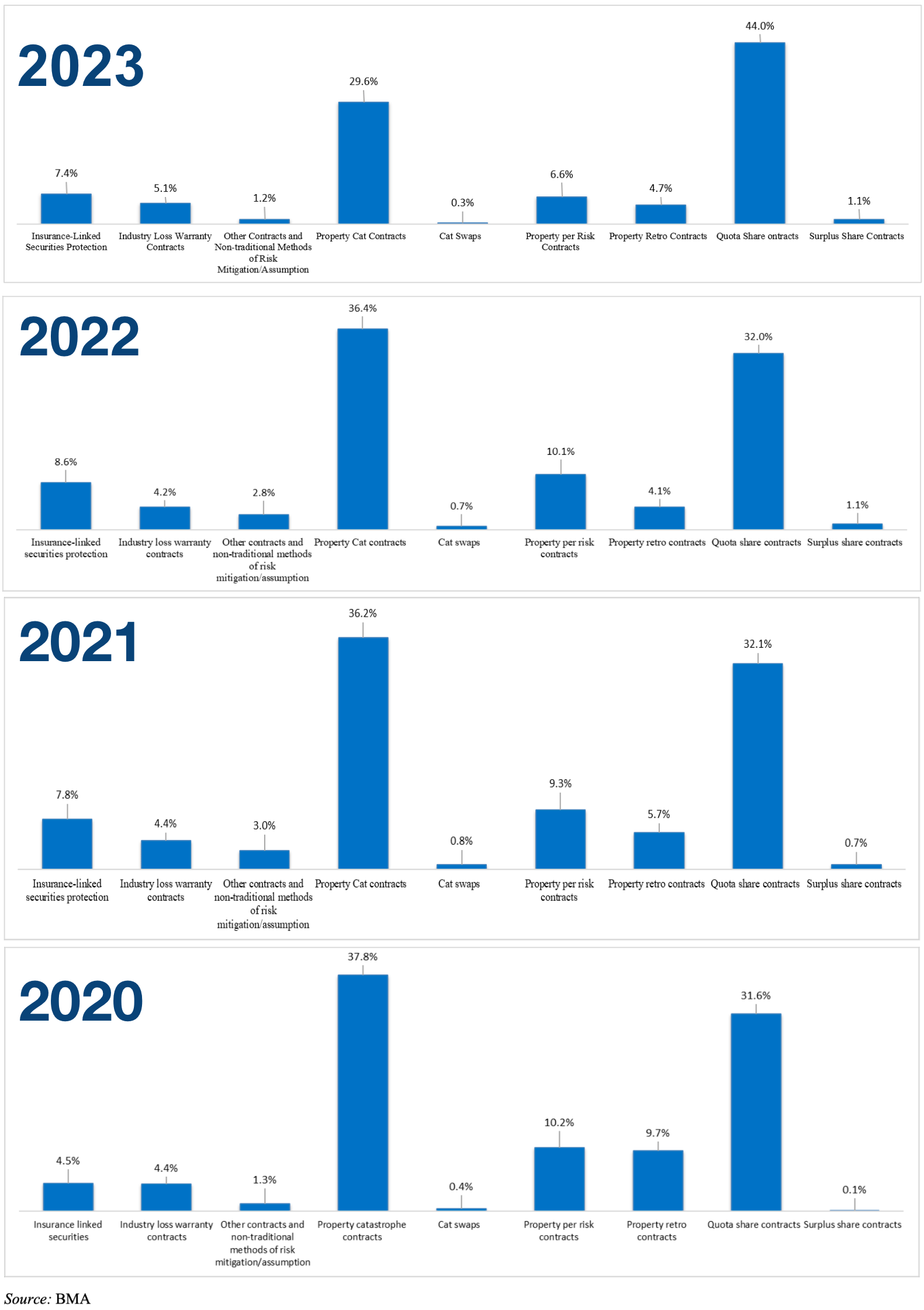
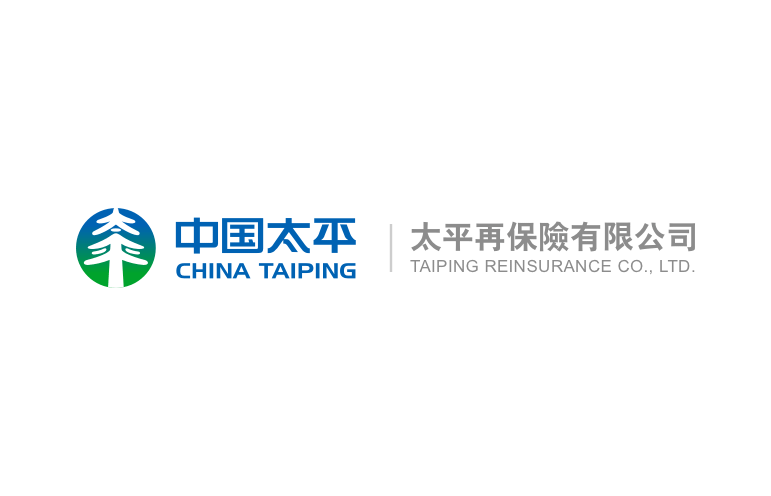
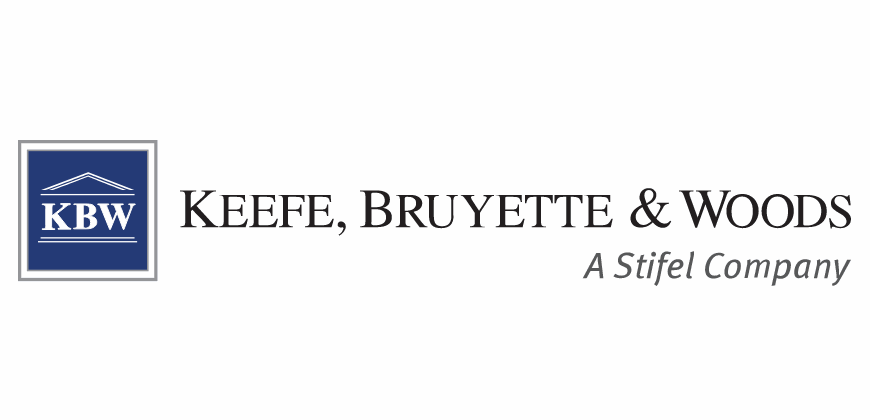



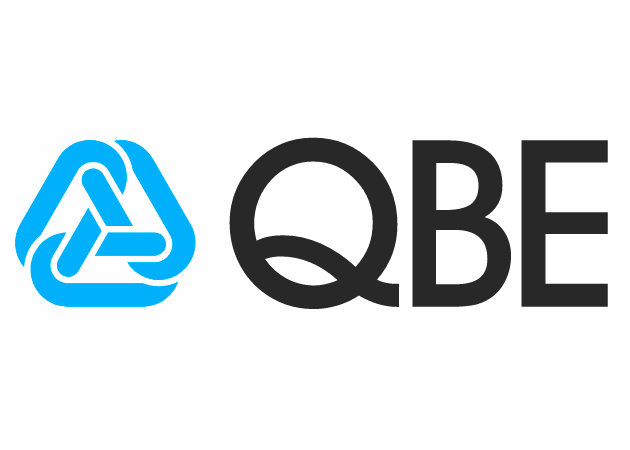


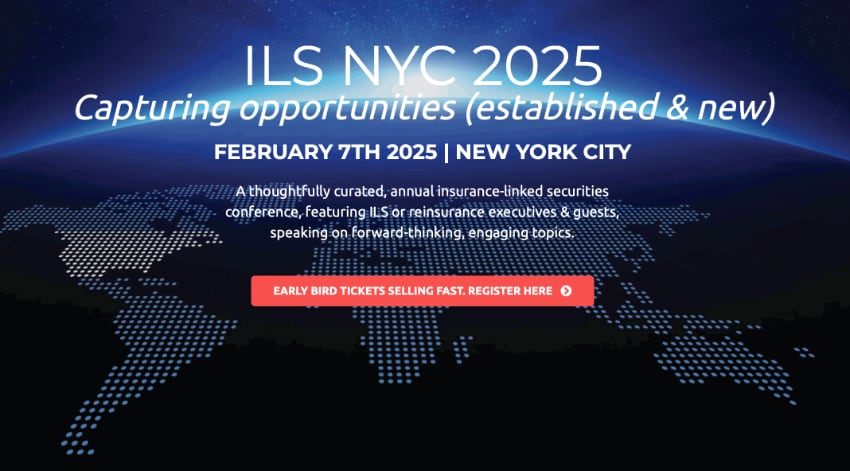









 English (US) ·
English (US) ·